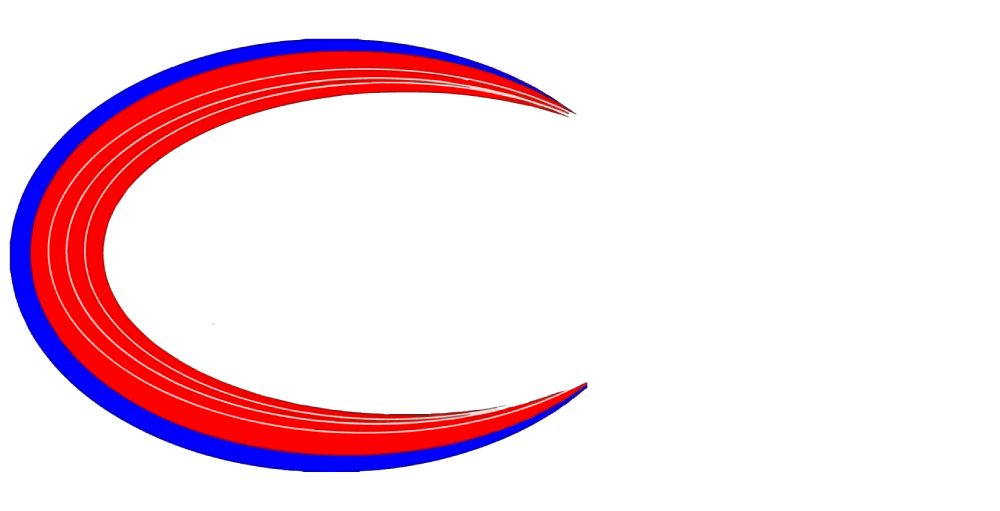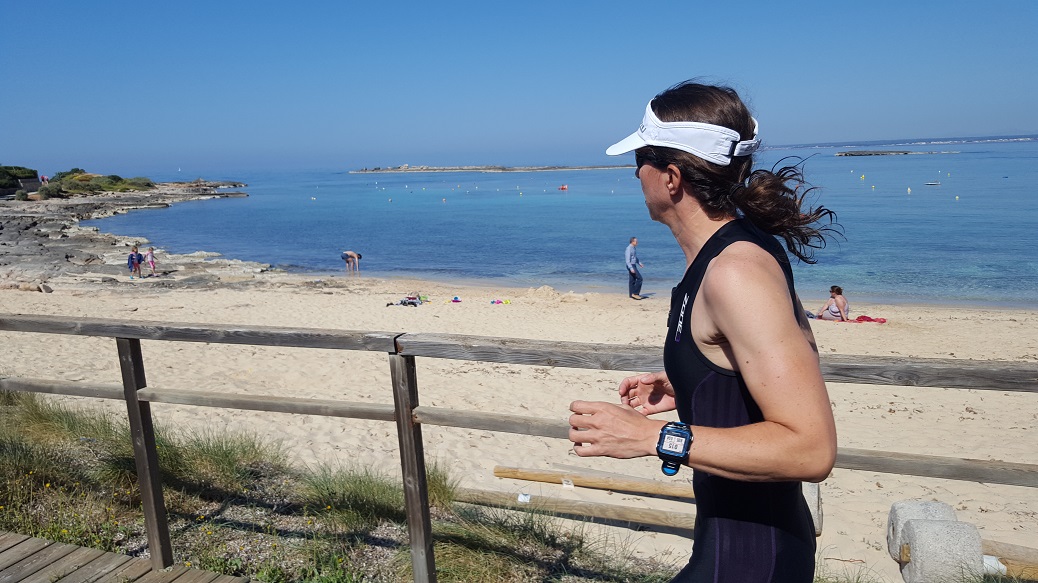 Ahh bollocks! Are you managing an injury?
Ahh bollocks! Are you managing an injury?
It was all going so well. You have managed to be training with no injury, you are starting to get really fit. You are feeling strong. Race season is getting nearer... you think I am going to pull this off... and then...
Doh!
It might be a World Champion falling off his bike 5km from home on a training ride. It might be tripping on a tree root. It might be picking up a baby. It might be an overuse or bio-mechanical issue.
As Charlton Heston described at the beginning of Armageddon, "It has happened before, it WILL happen again!"
Don't panic.
And for goodness sake do not keep going. Its not that bad, I can still run... its not that bad, it doesn't hurt when I am doing the exercise, only afterwards! STOP!
"You must listen to your body. Run through annoyance but not through pain." Dr. George Sheehan
First thing you are going to do is work out what hurts? Why it hurts? What you can do that doesn't hurt?
Its easy if you have fallen off your bike and broken something. We know what caused that.
If its a muscle ache or pain, first up rest! Give your body a chance. Often a pain can be your body going, "Whooaah, I am not quite ready for this."
RICE - Rest - Ice - Compression - Elevation for the first few days. Get the inflammation down.
If it feels good... don't go hoping around on it. Just because the pain has gone, does not mean the injury has.
If you keep going with the injury, you won't be doing the Ironman
As a coach, the way I would deal with any athlete injury first up, is a few days of not doing that discipline. The beauty of Triathlon is that when we are injured, we can often do additional time on the other disciplines to help keep & develop fitness, specific to the sport.
If it is still sore then its probably time to get a specialist to have a look at it. That may be a physio, sports massage, scan, body part specialist (e.g. podiatrist). This is when a coach can remain a lot more objective about your injury than you ever will on your own...
Athlete: "I have to keep running my Ironman is in 10 weeks."
Coach: "Down boy! We will keep your fitness up through cycling and swimming."
Athlete: "But my run is my strongest leg!"
Coach: "Let's work on the weaknesses then."
Athlete: "I'll try an easy run tomorrow, it should be right."
Coach: "If you keep going on it, to be blunt, you won't be doing the Ironman!"
Bet there are a few coaches (& athletes) out there who can relate to those statements. Once you have been to see the specialist, you listen to what they tell you.
You are only kidding yourself if you do not.
When we do start back 'training', whether that is after 5 days, 5 weeks or 5 months... we start back slow. Build it up. Work on strength work to strengthen the injury. Get the volume up before you try going hard. For running, over two to three weeks you build it up to an hour run session. If you can manage that, you are ready to up the intensity. One of the positives about Ironman / 70.3 distance racing, is we can escape without absolute max efforts in one discipline (as long as we are doing those intense efforts somewhere else). Usain Bolt can not.
Injuries, happen. It is shit. No escaping them when they do happen.
You can manage an injury.
It won't normally just 'go-away'. A good coach will help you manage it.
An excellent coach will also help you manage your motivation, morale, enthusiasm, rehabilitation and staying fit.

Paul is a Professional Triathlon Coach. Passionate about the sport of Triathlon. Paul empowers athletic achievements with quality individualised bespoke triathlon coaching.
Coach Paul is a British Triathlon Federation Level 3 Coach , a Triathlon Australia Performance Coach and an IRONMAN Certified Coach. F4L Triathlon Coaching offers triathletes and other endurance athletes a full coaching and training service that caters to all levels of triathletes. F4L offers professional triathlon and endurance coaching and the reliability triathletes and endurance athletes require. Each athlete is an individual, every athlete has different needs.


